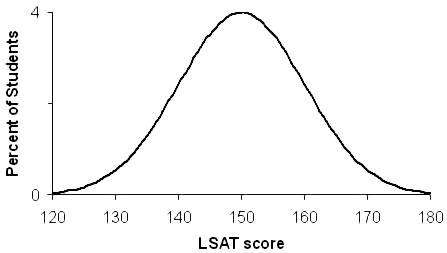Performance on the LSAT is the most heavily weighted factor in law school admissions. For admissions officers, this test serves as a predictor of whether or not an applicant will succeed in law school. While a high LSAT score can compensate for a weaker GPA or justify a strong one, a low LSAT score will raise a red flag.
That said, prospective law students should spend a good deal of time preparing for their LSAT. This means books, practice tests, and likely prep courses and private tutors. While larger prep courses are a popular option, individuals with more specific needs may gain more from one-on-one LSAT tutoring.
What are the benefits of private tutoring?
- Customized learning: an effective LSAT tutor will work with you to design a study strategy that focuses on your individual needs and takes advantage of your particular style of learning.
- Flexibility: unlike a prep course, a tutor can work around your schedule. You can also choose to have tutoring sessions at home, over the phone, or even online.
- Fewer distractions: a tutor can help you stay motivated and focused on concepts that you need extra work on.
Where can I find an LSAT tutor?
- Private tutoring companies such as Inspirica specialize in one-on-one tutoring in-person and via Skype.
- LSAT preparation companies, including Kaplan and The Princeton Review, offer private tutoring sessions in addition to their prep courses.
- Individual tutors in your area can be found through a general internet or craigslist search. In these cases, it is important to verify test scores and check references.
Every LSAT tutor will have his or her own teaching strategy that may not always work for you. Be sure to interview prospective tutors, and don’t be afraid to find a different tutor if you are not satisfied.
Topics #lsat prep #lsat preparation #lsat score #lsat tutor #lsat tutoring
